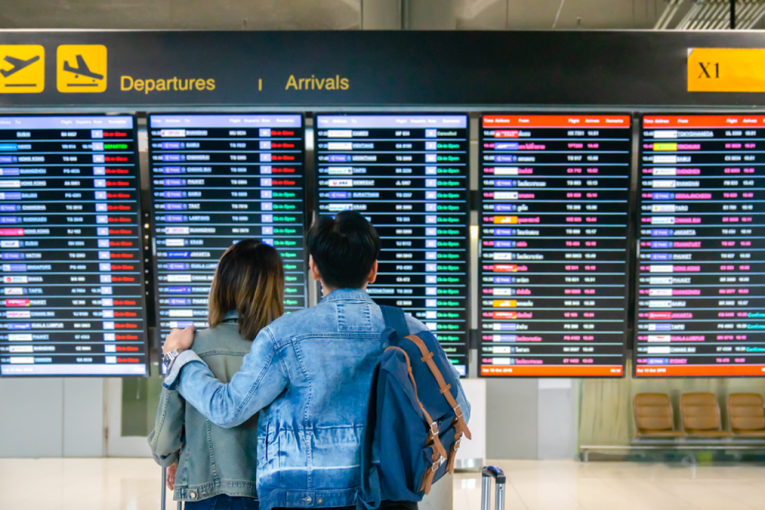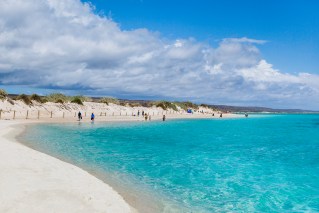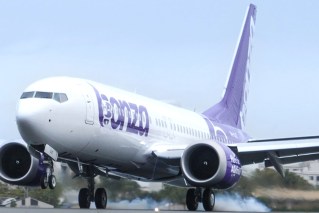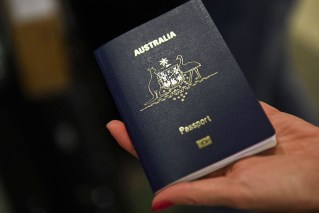The one thing no traveller should leave home without

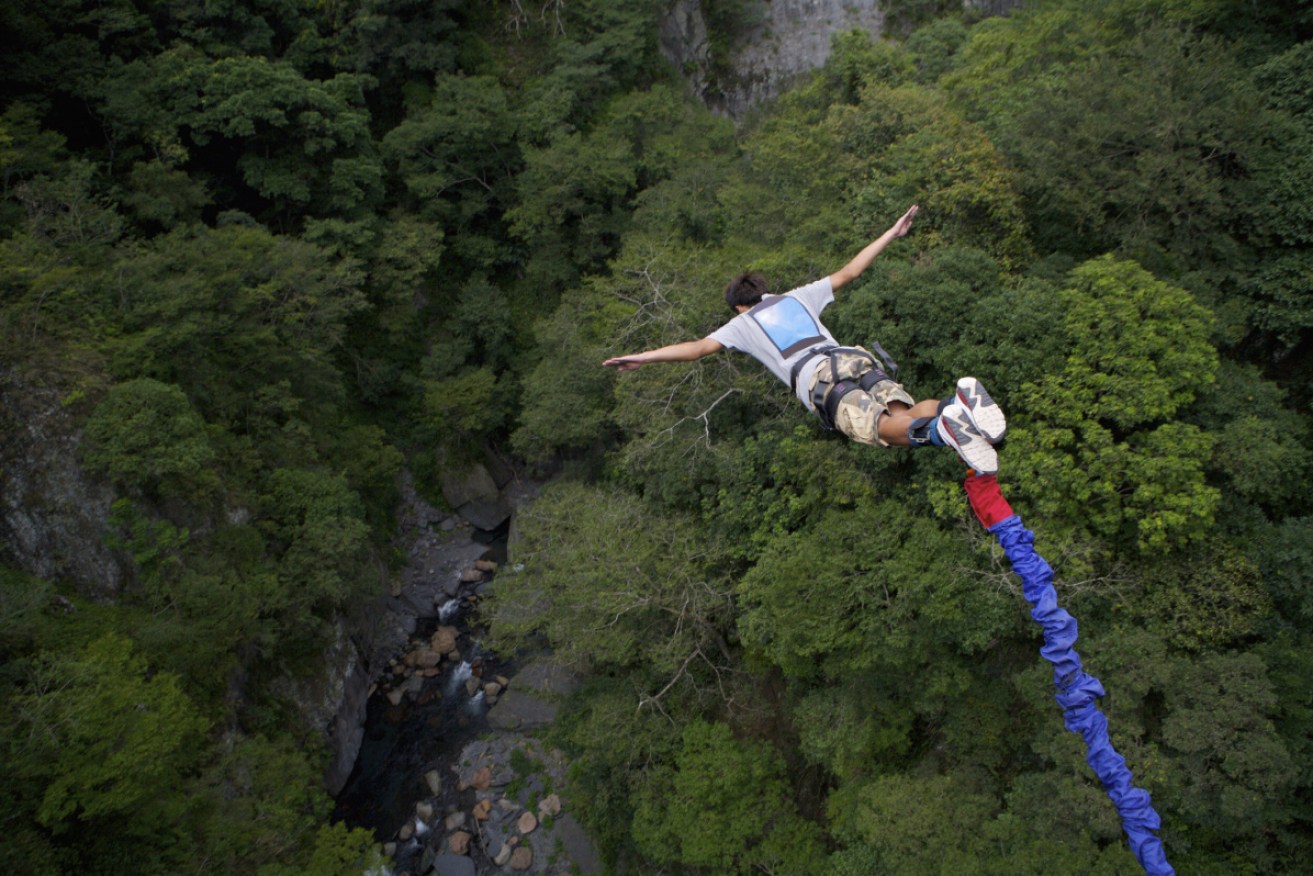
So you think you're covered for any accidents overseas? Think again. Photo: Getty
Tony Wheeler (yes, from Lonely Planet) has been quoted as saying ”If you can’t afford travel insurance, you can’t afford to travel”.
Actually, most Australians do take out insurance. Of the astonishing 10.5 million Australians who headed off overseas in 2016-17*, the Insurance Council of Australia said about 92 per cent had travel insurance (although that does still leave almost a million people without it).
However, more than 4.6 million of those with insurance admitted to engaging in risky activities that they knew were not covered by their policy (bungee jumping, anyone?). Another 735,000 didn’t declare an existing medical condition, thus potentially making any claim invalid.
If you thinking that travel insurance seems expensive, you only need to weigh it up against the possible costs if something goes wrong. One night in a Bali hospital is about $900. One night in an intensive care unit in Bangkok could be US$10,000 ($A14,100).
Medical treatment after a serious motorbike accident in Thailand could cost between US$10,000-$60,000. If a traveller dies, funeral expenses or transporting their body home from, for example, Thailand might cost $US10,000.
Anita Downey, first secretary and consul in the Australian embassy in Bangkok (our busiest overseas consul), said uninsured travellers who run into misfortune can be financially ruined for life.

Get into trouble overseas and the pain is likely to be physical and financial. Photo: Getty
But it’s not just money. There’s also the emotional and physical cost and the logistics of dealing with disaster in a foreign country.
“They don’t realise the trauma of what’s involved,” Ms Downey said.
Insurance council spokesperson Lisa Kable said “just having travel insurance isn’t good enough, only the right travel insurance is good enough”.
How do you get the right policy and, importantly, how do you make sure you will be able to claim?
Choosing insurance
When hunting for quotes, make sure you include all the countries you will visit.
If you have a two-day stopover in Asia, you’ll need to include Asia on your policy.
Make sure the dates cover your full trip. Once you are overseas, some companies will let you extend the policy but usually it must be before the initial policy runs out.
If you’ve actually started your trip and you realise you overlooked insurance, there is something called “already overseas travel insurance”. However, it has a waiting period of two to three days once you’ve signed up.
Check the government’s Smart Traveller website in case your destination has a do-not-travel warning. Also check advice on natural disasters (natural disasters that are known events are never covered).
Register any pre-existing health conditions.
Check that the luggage insurance covers cameras, your smartphone, golf clubs or other equipment. Also check the item limit. The total might be $3000 but individual items might be covered only up to $700.
Going skiing or snowboarding? You’ll need an add-on or special policy.
If you’re planning on parachuting, parasailing or similar, you need a special sports option or a special policy. Some activities, such hunting, polo and rock climbing are usually excluded from all policies (but mysteriously, you can get insurance for shark cage diving!).

Skiing will likely require a separate policy – for you and your skis. Photo: Getty
Why your claim might have been declined
You had an accident on a motorbike and you didn’t have an Australian motorcycle licence (not just a driver’s licence), or weren’t wearing a helmet.
You didn’t wear appropriate safety clothing for a sports activity.
You had over-indulged in alcohol or were using illegal or illicit drugs.
Your luggage or belongings had been left unattended before they were stolen.
The item damaged or stolen wasn’t actually insured (for example, skis usually have to be covered separately).
You didn’t report an accident or theft to police or authorities at the time.
You put in a claim more than 30 days after your return.
You don’t have receipts or proof of ownership for items stolen or damaged.
What else you need to know
Yes, it’s long, boring and in fine print, but read the product disclosure statement. Closely.
Check out the Insurance Council of Australia’s excellent Understand Insurance website.
* Australian Bureau of Statistics, January-November 2017
Other data supplied by the Insurance Council of Australia, from 2016 Survey of Australians’ Travel Insurance Behaviour for smartraveller.gov.au and understandinsurance.com.au
